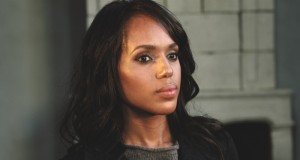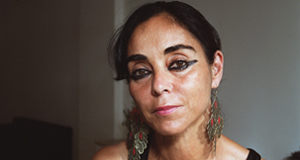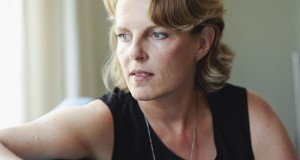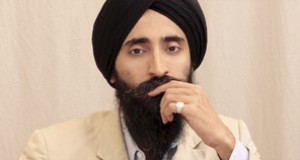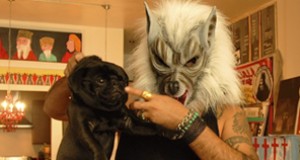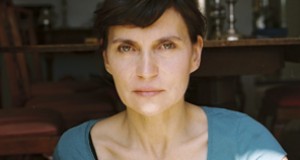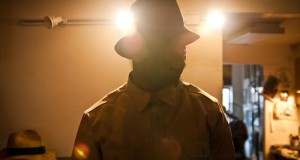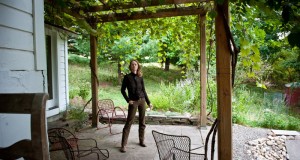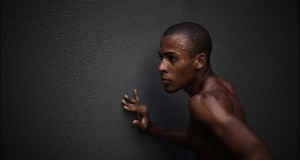
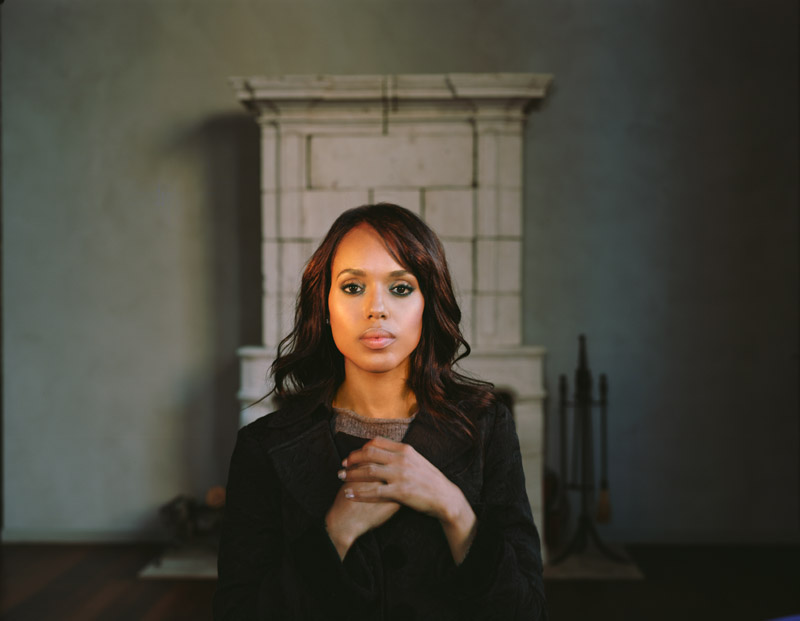
Kerry_washington_1
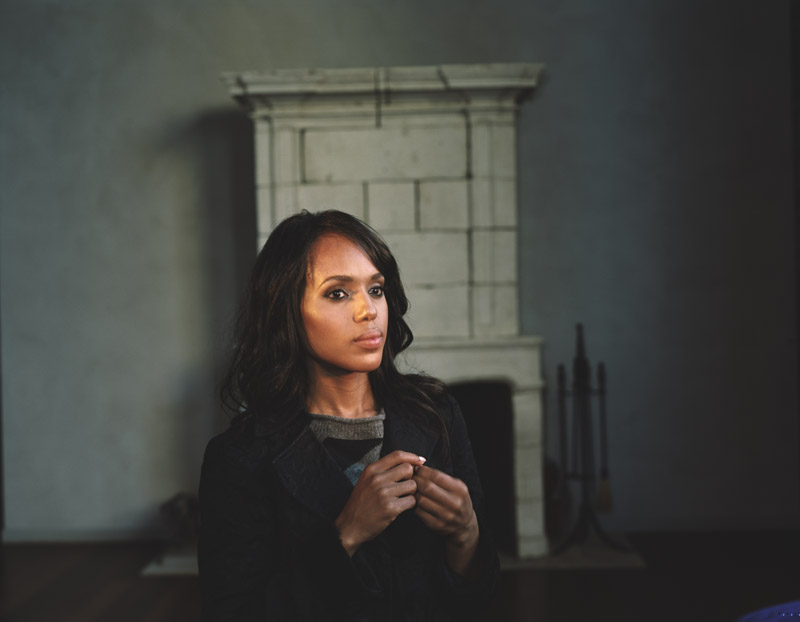
Kerry_washington_2
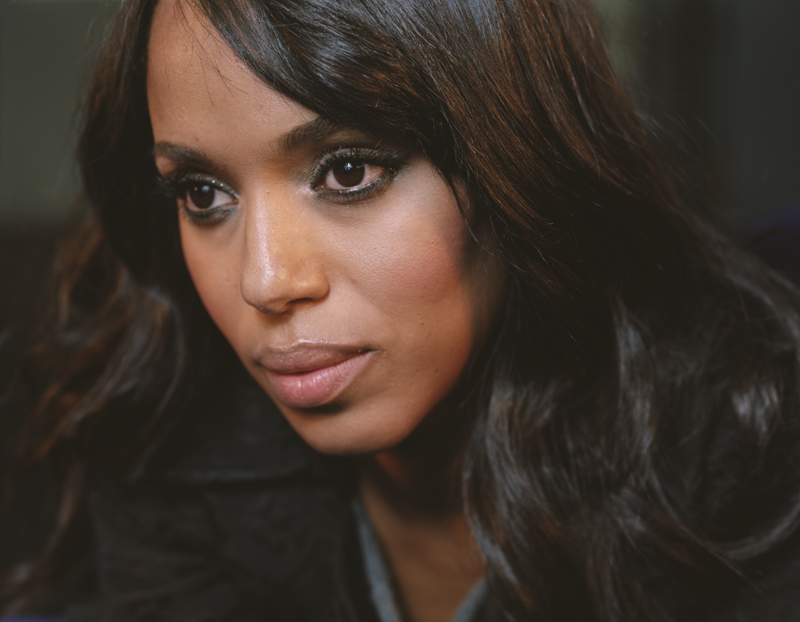
Kerry-new
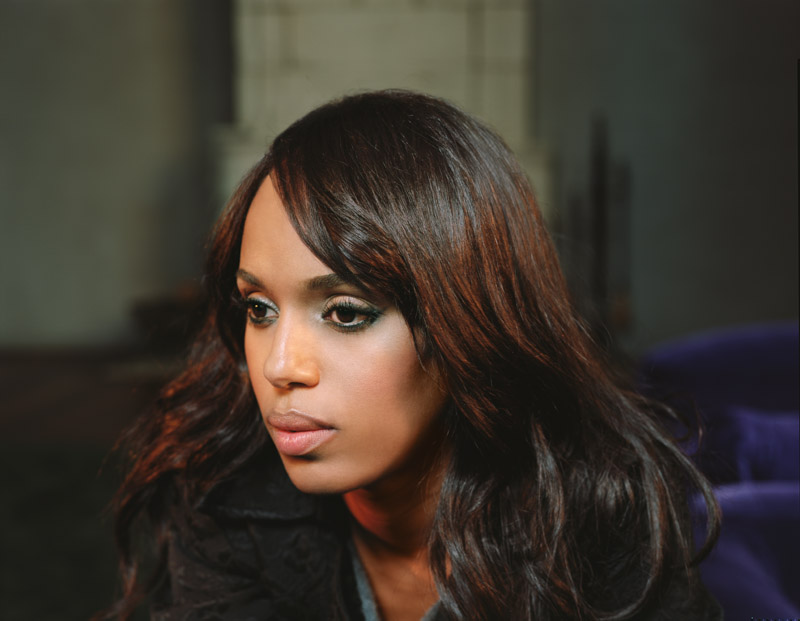
Kerry_washington
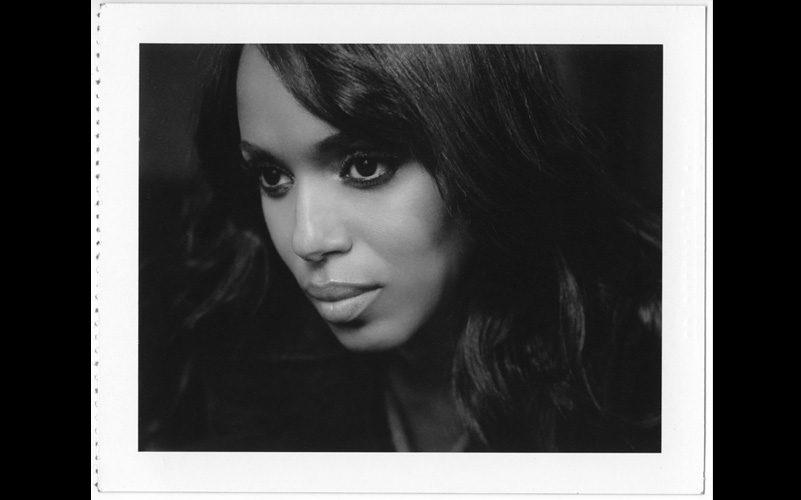
kerry-pola
One of the most deep and compelling actors of our generation, Kerry Washington confronts the issues both on screen and off.
Written By Stefan Sirucek / Photographed by Dana Lixenberg
“There is no such thing as a typical day,” laughs Kerry Washington. When I talk to her she’s in Los Angeles bouncing between meetings – busy, but in control.
If you don’t know her name, you know her face. Washington is known both for her elegant looks and for her roles in heady, reality-based dramas like Ray and The Last King of Scotland; emotionally raw performances in which her soft features often reflect the rare joy and deep pain that come from loving dynamic but volatile men. She’s also been politically active for years, lending her voice to a number of groups and causes.
Whether because of her dramatic work or her political stances, people often expect her to be extremely serious, says Washington, but in conversation she’s warm and inquisitive, answers questions thoughtfully and pivots naturally between being earnest and funny.
A native New Yorker, Washington grew up in the Bronx, the only child of a real-estate broker and a college professor. Her neighborhood was “Not the projects,” she explains wryly, “but right across the street from the projects.”
Washington’s mother was a Bronx local with roots running back to the Caribbean. Her father was a “Brooklyn kid” whose forebears hailed from St. Helena Island, off the South Carolina coast, an area where people maintain uniquely deep ties to their African heritage. Washington’s grandmother was part Shinnecock Indian and as a child she attended powwows on Long Island.
Washington describes herself as an ebullient kid, talkative to the point that her mother sometimes had to hold her lips shut. In the summer she spent most of her time at the local pool, where she and her cousins would show up early and wait for the lifeguard to come open the gate. Her favorite movie was Splash. “I really thought I was a fish-mermaid-person,” she laughs, adding that she’s always identified with the idea of being a “fish out of water.”
Though she attended George Washington University on an acting scholarship, Washington never expected to become a professional actor. She did a lot of plays at GWU but equates it to being a student-athlete. “It was similar to being on the hockey team so I rarely got benched,” says Washington. Washington graduated with an interdisciplinary major consisting mostly of anthropology, sociology and dramatic literature, and after college worked as a substitute teacher and yoga instructor.
A supporter of Barack Obama’s 2008 presidential bid, Washington was volunteering for the campaign in South Carolina when the writer’s strike immobilized Hollywood. She suddenly found herself with time on her hands and threw herself into the campaign full bore, becoming one of Obama’s official campaign surrogates – volunteer spokespeople who are deployed around the country to appear on the candidate’s behalf. By the time of the general election Washington had visited some 13 states to stump for the campaign.
“I just lived on the road,” she recalls, becoming animated as she describes shuttling between unfamiliar towns in a van full of other t-shirt clad volunteers. She would appear at wildly diverse events, attending “little tea parties in a mansion out in the suburbs of Detroit” one day, and appearing at “a barbershop or a motorcycle rally” the next. “Whatever it was we would just show up and talk,” says Washington. On one particular Sunday in Tennessee she visited nine churches in one day.
The experience afforded her an uncommonly rich look at the United States. “I met people that I never otherwise would have met, saw places, ate at places, hung out with people and just really experienced the country at such a historical moment, in such an intimate way,” she says.
Asked whether it’s risky to be overtly political as an actor, it’s clear that Washington doesn’t see it as a choice. “I’m not going to stop being a person who thinks and expresses my opinions and learns and participates in the government of my country just because I’m an actor,” she says firmly.
Actors can’t be expected to shut up, nor do they have a special duty to speak out, says Washington. That’s a responsibility that she views as being shared equally by all citizens in a democracy. On the campaign trail her stump speech was about hard-won rights and civic duty and, as an actor, Washington views her ability to draw a crowd simply as a skill that she can contribute to the cause of democracy. “If my skill was cooking then I might have shown up and helped to feed volunteers,” she says.
Washington grew up in a political family that valued discussion, and where issues as thorny as affirmative action and abortion rights were discussed at the dinner table when she was as young as ten. Her practical activism started early as well. Washington’s mother was on the board of the Bronx Reading Council and as a child Washington would work collating mailings and stuffing envelopes.
Political themes sometimes appear in her work, although usually as frames for more intimate stories. Her latest film, Night Catches Us, for which she received an NAACP nomination, takes place in a community dealing with the legacy and interpersonal after-shocks of the Black Power movement. Like The Last King of Scotland, which focused on the Ugandan dictator Idi Amin, Night Catches Us takes place “within the context of this heightened political environment, with high stakes,” says Washington, “but the film itself is just about people.”
For Washington, the act of choosing a role is decidedly apolitical. In fact, she tends to be drawn to the personal stories that politics and history often obscure.
“We tend to think about these political movements in broad strokes that can be very stereotypical,” says Washington. “You know if we think about the Panthers we think about Afros and fists in the air and machine guns but we don’t think about the wife and the mother trying to make sense of her life 10 years later.”
At 33, Washington has appeared in nearly 30 films and, though her output is frenetic, she seems to change gears easily and with gusto. During the final week of her recent Broadway run in David Mamet’s Race, she was already shooting for the upcoming Tyler Perry film For Colored Girls, an adaptation of the groundbreaking 1976 “choreo-poem” by Ntozake Shange. After that she would prepare for her next project – a romantic comedy.
It’s a testament to Washington’s skill as an actor that she can appear both as the captive wife of Idi Amin in The Last King of Scotland and the girlfriend of “The Thing” in The Fantastic Four without straining our credulity. Still, the variety of material and genre seems head-spinning until one considers that, as an artist and public figure, Washington has always gone her own way. In addition to the dramas, she’s done comedies with Chris Rock and the Wayans Brothers, co-directed a stylish, brooding music video for Common, and had a recurring television role on Boston Legal.
In the process she’s also become a beauty and style icon, with all of the photo-shoots, magazine covers and designer gowns that that entails. Though she confesses that the haute couture side of things didn’t come naturally, she came to appreciate fashion as an art form and now embraces it as part of her chosen profession. While there are some days where she wakes up feeling like “much more of the community organizer,” she just hopes that on any given day she can meet her responsibilities “with the right attitude and spirit required of me on that day.” In a sense she’s proof that there needn’t be a contradiction between being serious and being glamorous. When the Times featured her in a 2008 photo essay entitled “Party Girl” the double meaning was clear – the focus was both on her style of dress and her style of hands-on political engagement.
Despite her creative pace Washington is a committed advocate for the arts and art education. Perhaps most notably, she is a member of the President’s Committee on the Arts and Humanities – a presidentially appointed advisory committee that includes Edward Norton and Anna Wintour and has First Lady Michelle Obama as its honorary chair. The committee stages cultural events at the White House and organizes programs in the arts and humanities in cooperation with a range of government agencies, including the National Endowment for the Arts and the Smithsonian. Current projects include the development of an “Artist’s Corps”, similar to AmeriCorps, which would deploy young artists to use their skills for community development.
“I’m incredibly proud to be a part of the Administration,” says Washington and it’s clear that it’s both an honor and further evidence of her desire to play a strong public role off-screen. Washington has spoken about wanting to become the Jane Alexander of her generation and the temples and treasure houses of culture have always fascinated her. As a child, when others dreamt of a night in the toy store, she dreamt of getting locked inside the Metropolitan Museum of Art.
Washington speaks with the self-assurance of someone whose inner life closely matches her outer one. The requirements of her job are as diverse as her interests and her position as a respected actor has given her the freedom to move through public space, developing her role and applying her energy to things she’s passionate about. “I’m really lucky that I have a lifestyle that allows me to be and do so many different things,” she says. And while luck affects all, there’s the sense that it’s taken a good measure of ambition and determination for her to fashion a life that reflects her identity rather than determining it.
As we conclude our interview, Washington is making preparations to leave for Sundance to promote her latest films, The Details and We The Peeples.
But first she has to make a quick stop at the White House.
